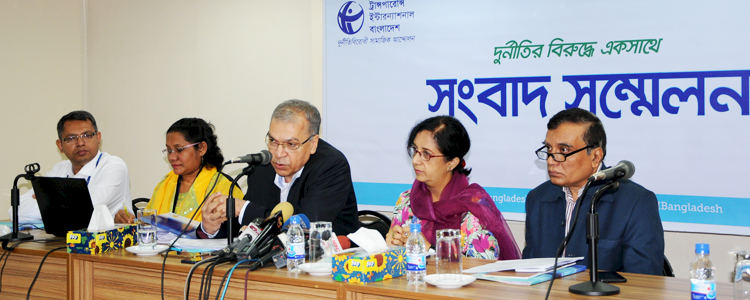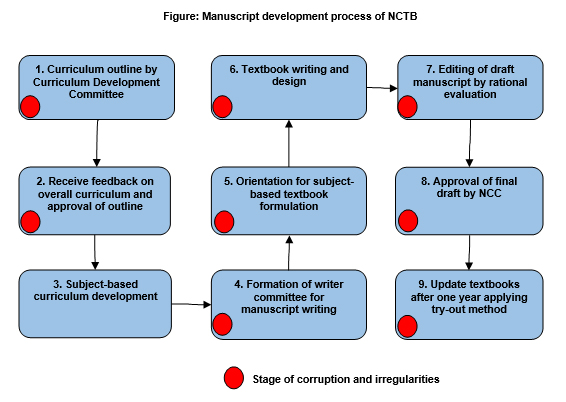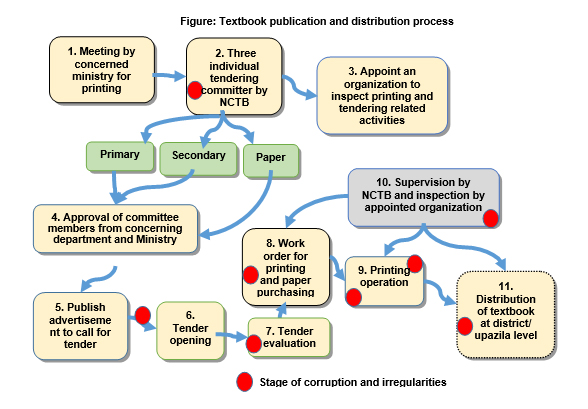Published: 19 November 2017


Published: 19 November 2017
 Identifying prevailing governance challenges and irregularities at various stages of manuscript formulation and publication processes, TIB proposed 16-point recommendations to ensure transparency and accountability in the operation of NCTB.
Identifying prevailing governance challenges and irregularities at various stages of manuscript formulation and publication processes, TIB proposed 16-point recommendations to ensure transparency and accountability in the operation of NCTB.

Copyright © 2025 Transparency International Bangladesh